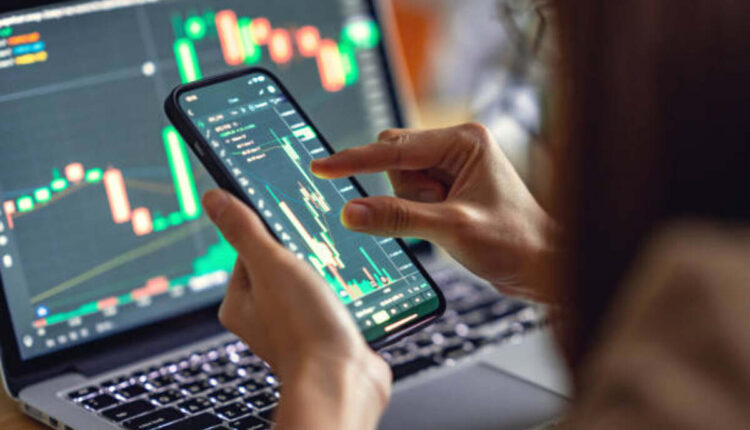Choosing a Forex Trading Account
A forex trading account allows investors to speculate on currency prices by exchanging one currency for another based on supply and demand principles. Here is some interesting Information about forex robot.
Forex mini or micro accounts are perfect for beginners as they limit the amount of money at risk in each trade. This helps you build a solid trading strategy prior to investing any of your own funds.
How to open a forex trading account
Forex trading is an international marketplace where users can speculate on the prices of various currencies. It is one of the largest financial markets, providing beginners with an equal playing field against significant hedge funds and banks. Before beginning to trade Forex, however, one must understand all the risks involved with this form of investment. Firstly, select a reputable broker with a user-friendly trading platform, competitive pricing, and customer support—and ultimately, choose one who abides by regulation for added safety.
Once you’ve selected a broker that meets your criteria, the account opening process can begin. Most brokers require verification documents such as driver’s licenses or passports and utility bills in order to confirm your identity; while this step may take time and be laborious, it is essential for security and fraud protection purposes.
Once you submit the required information, you can deposit money into your forex account. The exact amount may depend on which account type and risk tolerance you select; some brokers offer low-risk mini and micro accounts that allow traders to trade smaller volumes, while others require more extensive deposits and provide professional guidance through forex managers. Regardless of which account type is selected, all forex trading accounts come with inherent risks.
Types of forex trading accounts
There are various kinds of forex trading accounts, each offering advantages and disadvantages. Which account best suits your trading style depends on factors like initial investment size and how much time you have each day to devote to trading. Finding an account with suitable features can help maximize profits while mitigating risk.
Standard accounts are ideal for traders who require traditional trading conditions, including standard contract sizes (lots) and leverage ratios, a wide variety of trading instruments, and high leverage that may increase their profit potential. Unfortunately, however, standard accounts also carry some potential drawbacks, such as delayed execution and higher spreads, that should be taken into consideration before selecting one of them.
Micro and mini forex trading accounts are ideal for beginners or investors with limited capital. They feature lower margin requirements, reducing the amount of money that must be invested per trade, and they allow multiple mini lots with the same account balance to trade multiple times.
PAMM, or Percentage Allocation Management Module accounts, are popular among investors who want to enter the forex market but lack the knowledge or time for direct trading. Professional traders handle this account for you and deliver results without your involvement or oversight in its operations.
Minimum deposit required to open a forex trading account
An online forex trading account allows you to trade foreign currencies. It serves as your entryway into one of the world’s most active financial markets: currency. To navigate it successfully, a reliable broker offering various trading accounts will be necessary.
When selecting a forex broker, several vital considerations include minimum deposit requirements. It is also crucial that you examine their regulatory status, trading platforms, and fees; finally, make sure your chosen broker provides enough support and education to help ensure success.
Some brokers provide managed accounts as an attractive solution for people who lack the time or interest in tracking the market closely. Although these accounts tend to be more costly due to monthly management fees paid directly by you, managed accounts provide you with flexibility when you see changes in the market and can even provide professional guidance from experienced traders, as well as services like prepaid debit cards and technical market analysis tools.
Fees charged by forex brokers
Forex brokers charge various fees that can significantly impact trading performance, from spreads and commissions to account inactivity fees. It would be best if you never ignored these costs, as they could significantly impact you as an investor. To remain transparent, most transparent brokers list all their charges on their website or trading platform along with each trade ticket.
Spread is the main fee charged by forex brokers, and it varies between brokers depending on how they make money. Spread is usually measured in pip movements in currency pairs.
Many brokers also charge an additional fixed commission per trade in addition to the spread. Often much smaller than its counterpart, this commission may prove beneficial to traders trading more significant amounts. Furthermore, some brokers even provide raw spreads without charging commission at all, making these options perfect for novice traders with smaller account balances.
Deposit and withdrawal fees vary between brokers, so traders should also consider them. While many brokers waive them entirely, others charge either a flat rate or a percentage of withdrawal amounts. Inactivity fees may also apply after specific periods of inactivity have passed.


